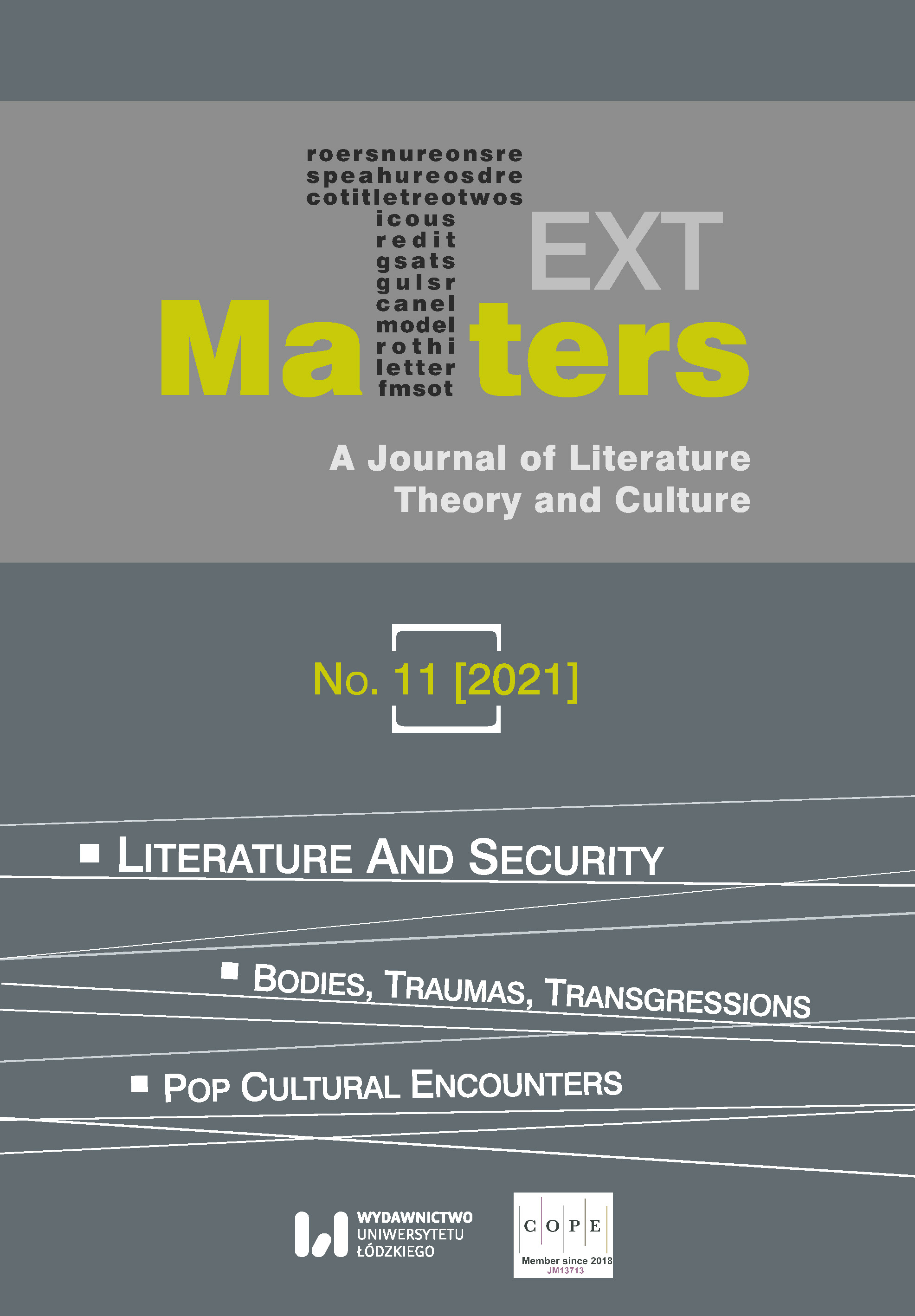Hercule Poirot and the Tricky Performers of Stereotypes in Agatha Christie’s Murder on the Orient Express
Hercule Poirot and the Tricky Performers of Stereotypes in Agatha Christie’s Murder on the Orient Express
Author(s): Kenneth EckertSubject(s): Studies of Literature
Published by: Wydawnictwo Uniwersytetu Łódzkiego
Keywords: Agatha Christie; Murder on the Orient Express; Hercule Poirot; detective fiction; British fiction; prejudice; stereotypes
Summary/Abstract: Agatha Christie’s Murder on the Orient Express (1934) remains well-read, and its hero Hercule Poirot continues to enjoy popular currency. Yet the text has not aged well due to some of its now clichéd plot developments and dialogue, as well as Christie’s depiction of class, ethnic and national prejudices in it and her other novels. This study hopes to re-energize discussion on Murder by finding defensible reasons for its apparent flaws. Not only do the stereotypical behaviors of the passengers narratively distract Poirot and the reader from a solution, but their flaws serve as foils against which Poirot’s heroic gravitas and cultural values are positively contrasted. Further, criticism often misses the point that the passengers are performing their behaviors, and if so, the deployment of stereotypes as only acted performances destabilizes them as permanent aspects of national or ethnic identity. Can Murder then be read as an anti-racist text?
Journal: Text Matters: A Journal of Literature, Theory and Culture
- Issue Year: 2021
- Issue No: 11
- Page Range: 186-203
- Page Count: 18
- Language: English

